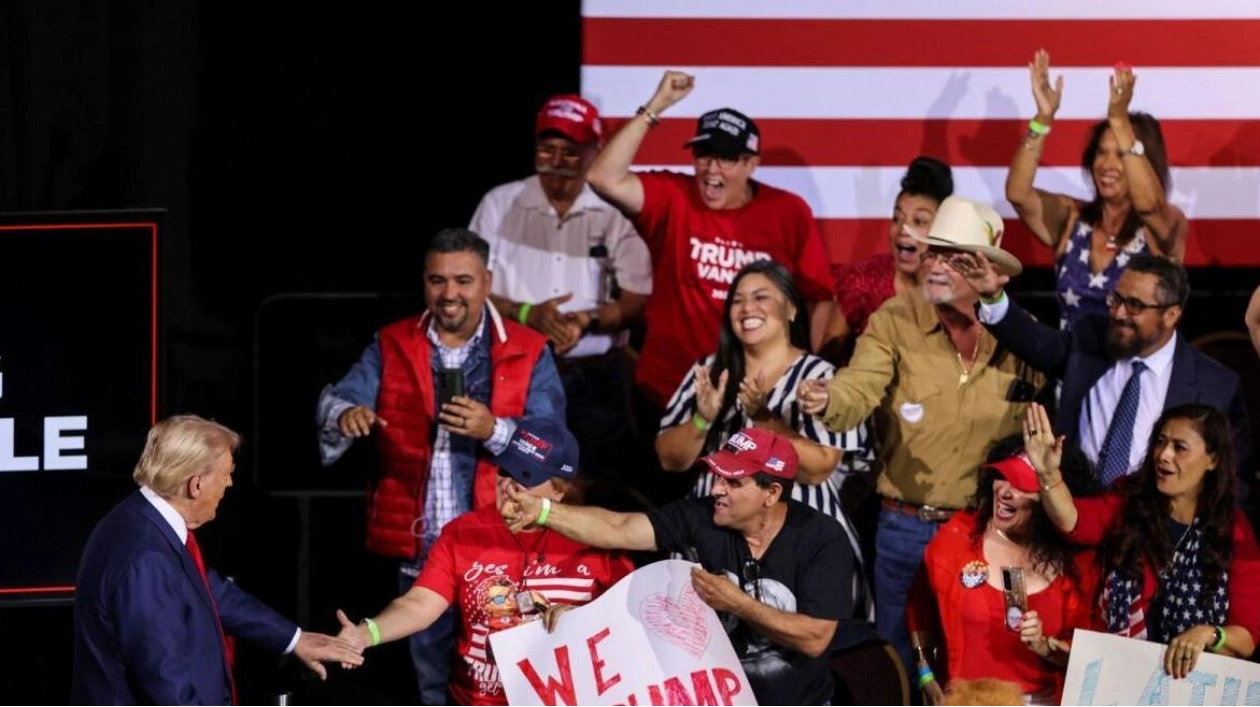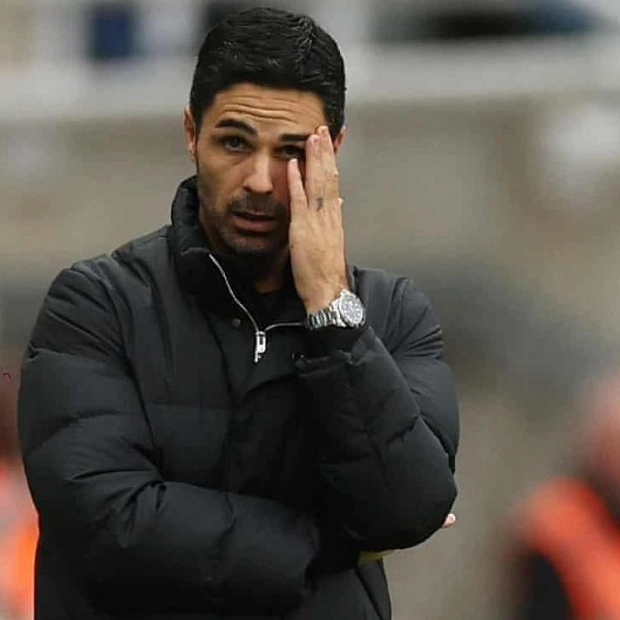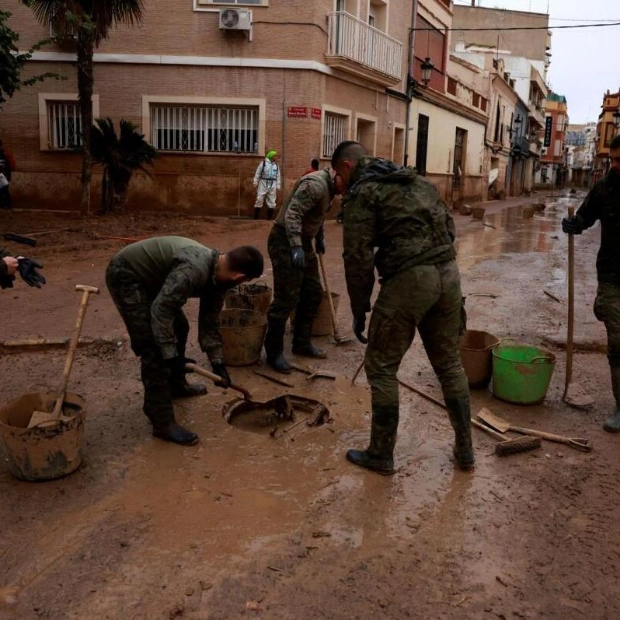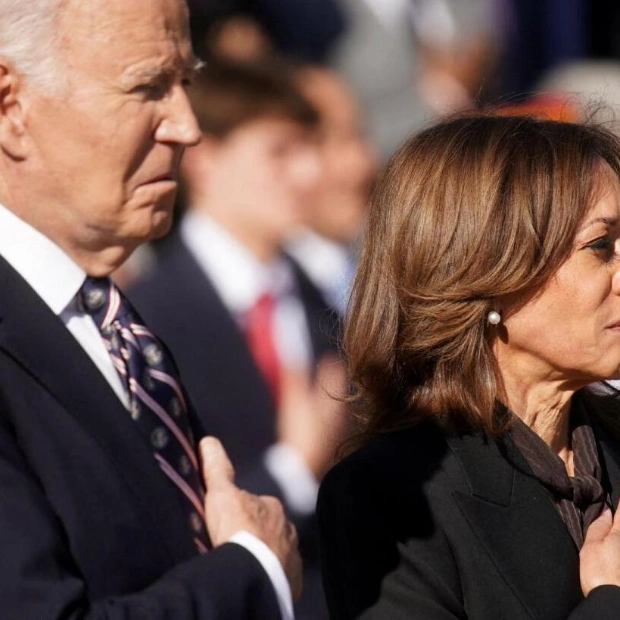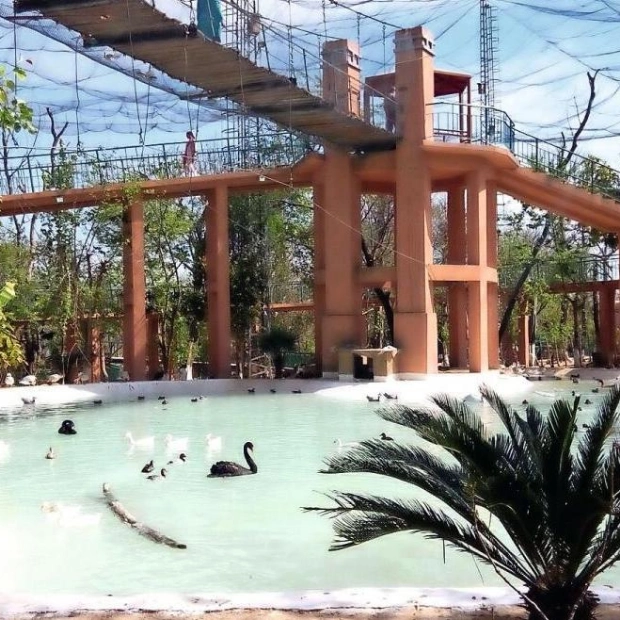In Arizona, one of the seven competitive US states expected to decide the 2024 presidential election, an advocacy group founded by Donald Trump adviser Stephen Miller is pushing a daring legal theory: that judges can invalidate election results due to 'failures or irregularities' by local officials. The lawsuit by the America First Legal Foundation, a conservative advocacy group, argues that the court should be able to discard the election results and order new voting rounds in two Arizona counties, where Democratic candidate Vice-President Kamala Harris is narrowly leading Trump in the polls.
Nearly four years after former President Trump and his allies unsuccessfully attempted to overturn his election defeat with over 60 hastily filed lawsuits, Republicans have launched a robust legal campaign to challenge potential losses. The Republican National Committee claims it is involved in more than 120 lawsuits across 26 states, a strategy that some legal experts and voting rights groups argue is designed to undermine confidence in the electoral system. Republicans maintain that these lawsuits aim to restore faith in elections by ensuring that people do not vote illegally. Trump and his allies have repeatedly and falsely claimed that his 2020 election loss to Joe Biden was marred by widespread fraud.
While the Arizona case may be a long shot, legal experts see it as part of a broader pattern of Republican-backed lawsuits aimed at casting doubt on the legitimacy of the election before it occurs and providing grounds for challenging the results afterward. 'This is part of creating the narrative that there will be irregularities that will require outside intervention,' said Columbia Law School professor Richard Briffault. The America First Legal Foundation, its lawyers, and Miller did not respond to inquiries.
A spokesperson for the Republican National Committee stated that the party's top priority is addressing what they perceive as issues with voting systems before Election Day to ensure no illegal ballots are cast. 'Our Election Integrity operation is fighting to secure the election, promoting transparency and fairness for every legal vote. This gives voters confidence that their ballot will be counted properly, and in turn, inspires voter turnout,' said RNC spokesperson Claire Zunk.
Trump and Harris are in a close race ahead of the November 5 election, prompting a surge in litigation from both Democrats and Republicans as they dispute the ground rules. Republicans typically file lawsuits to enforce voting restrictions they believe are necessary to prevent fraud, while Democrats generally seek to keep voting accessible. The Harris campaign accused Republicans of 'scheming to sow distrust in our elections and undermine our democracy so they can cry foul when they lose.' 'Team Harris-Walz enters the home stretch of this campaign with a robust voter and election protection operation and the best lawyers in the country, ready for any challenge Republicans throw at us. We will give Americans the free and fair election they deserve so all eligible voters can vote and have that vote counted,' the campaign stated.
In Michigan, another closely contested state, Republicans are suing to prevent state agencies from expanding voter registration access, restrict mobile voting sites, and impose stricter verification rules for mail-in ballots. In Nevada and other states, Trump allies are attempting to remove allegedly ineligible voters and noncitizens from voter rolls, though the deadline for systematically purging rolls in time for the election has passed. In Pennsylvania, Republicans are fighting to enforce strict mail-in voting rules and limit voters' ability to correct mistakes on their ballots. On September 13, Republicans achieved a victory when the state's highest court ruled that mail ballots with incorrect dates would not be counted.
Election litigation surged in 2020 as COVID-19 prompted changes to voting procedures and wider use of mail-in ballots. These disputes often revolved around specific, location-based issues. More than 60 lawsuits filed by Republicans challenging Trump's loss in 2020 were rejected by courts. This time, Republicans are filing legal challenges earlier and making allegations of widespread fraud that directly challenge the integrity of the election process.
Trump's persistent false claims that his 2020 defeat was due to fraud have deeply influenced the Republican Party: 71% of Republican registered voters responding to an August Reuters/Ipsos poll believed voter fraud was a widespread problem, significantly higher than the 37% of independents and 16% of Democrats who held that view. 'They’re out front and early and are moving preemptively, whereas 2020 was kind of reactive. Here they’re getting ahead of it,' Briffault said.
The Arizona lawsuit, filed in February in Yavapai County court, highlights the proactive approach taken by Trump's allies. It alleges numerous 'missteps and illegalities' by election officials in Maricopa, Yavapai, and Coconino counties in past elections and asserts that only court intervention can restore public trust. Maricopa County was dismissed from the case on procedural grounds. The complaint requests a judge to enforce a list of 24 orders based on the America First Legal Foundation’s interpretation of election laws and correct errors by any means necessary, including nullifying results and ordering new voting rounds. Errors could include failing to staff ballot drop boxes at all times or neglecting to take certain steps to verify signatures on ballots.
This is a novel and far-reaching request that legal experts and election attorneys believe a judge is unlikely to grant. However, a judge nullifying results in a crucial state could lead to chaos, confusion, and delays, which some legal experts and voting rights groups argue is a central goal of the Republican legal strategy. Uncertainty could provide local officials and state legislatures with the opportunity to interfere with the results, according to Sophia Lin Lakin, an attorney litigating voting rights cases on behalf of the American Civil Liberties Union. For example, officials could attempt to discard votes or refuse to certify the outcome. 'It’s about laying the groundwork for there to be enough doubt in the election process that a political maneuver could be brought to bear to impact the outcome,' Lakin said.
